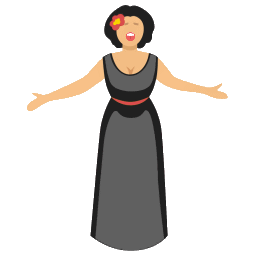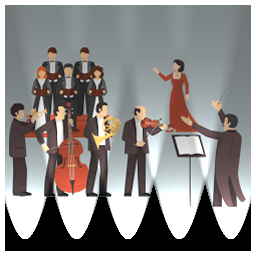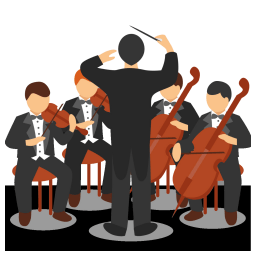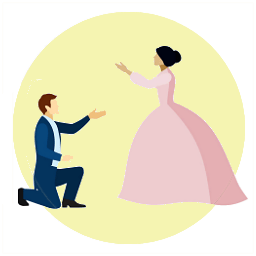Aria is the Italian word for "air." In musical circles, an aria is a melodic vocal solo. The soloist portrays the feelings or mood of the characters in an opera or oratorio, thereby expressing the emotions of the characters in the story. The aria offers the singer the...
The chorale is a German-Protestant hymn. In efforts to coerce the congregation into more participation, musician, composer, and religious reformer Martin Luther wrote the first known chorales in the early 16th century.
Basic counterpoint is used in just about any style of music. It may be as simple as the bass line answering the melody or a second and harmonizing instrumental part. The fugue however, is a full scale utilization of strict and concise counterpoint...
The origin of the oratorio is Italian, based on the Latin oratorium oratory. Another of the large scale musical forms, the oratorio stems from the music composed during the 16th century for the Church of the Oratory of St. Philip Neri...
The Overture is an introduction into a more dramatic musical performance such as an opera or ballet. Some overtures are used in concert as a complete stand alone composition. Early overtures began with a fast moving style..
The musically spoken dialogue or Recitative is a type of vocal music representing conversation. Like opera, the actors sing their parts yet differ from opera in that the actors in recitatives speak in a musical manner of tones; each..







